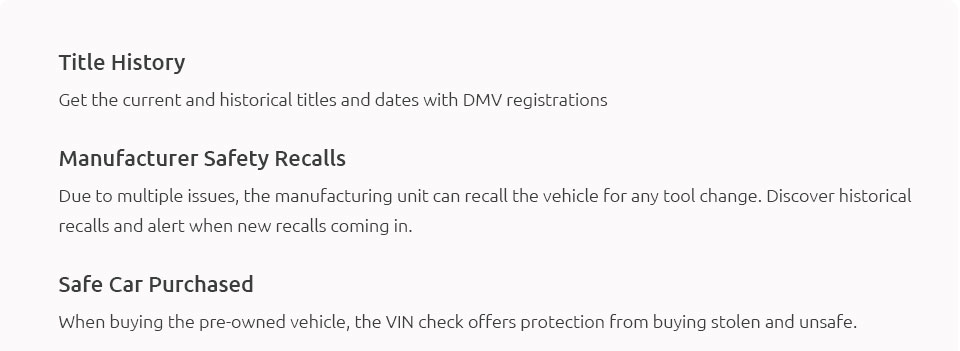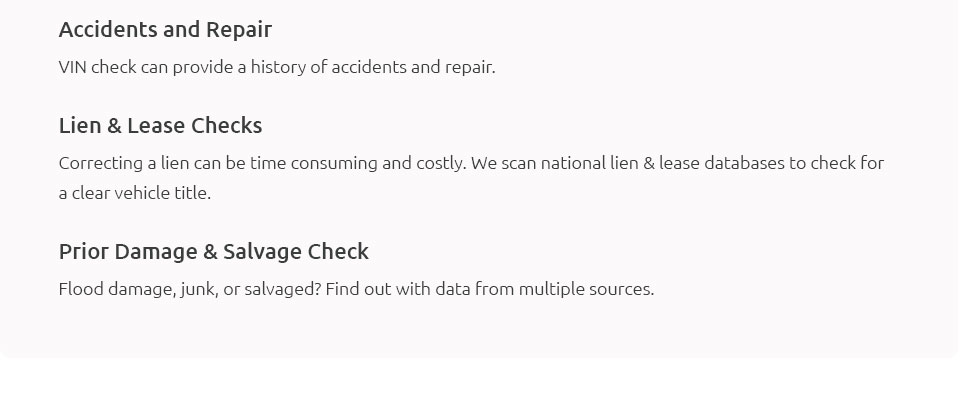 |
 |
 |
||
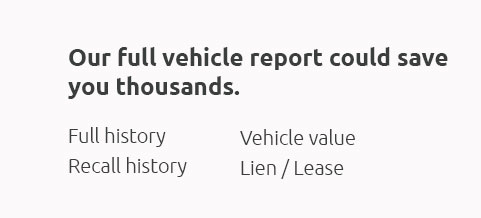 |
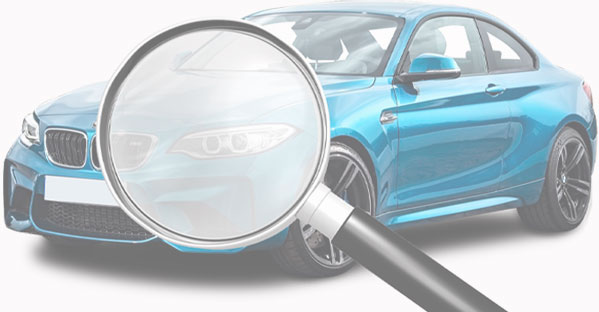 |
|
 |
||
 |
 |
 |
 |
||
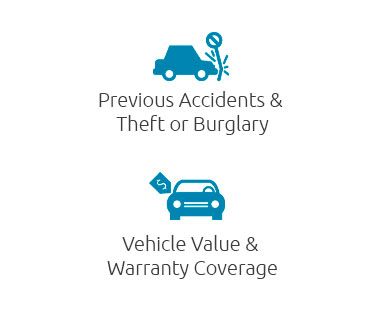 |
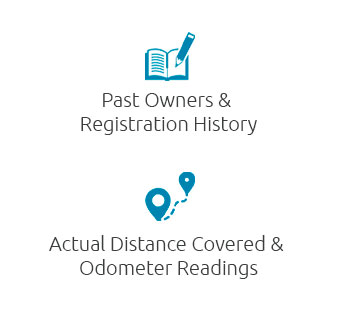 |
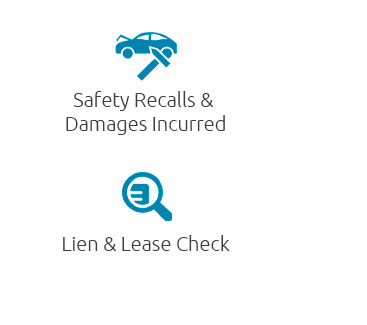 |
 |
 |
||||
|
||||
 |
Can You Search People's License Plates?In today's world, the question of whether you can search people's license plates often pops up in discussions surrounding privacy, legality, and technology. This topic intertwines with modern societal norms and the ever-evolving landscape of data accessibility. It is crucial to understand both the mechanics and the legal implications involved. License plates serve as a unique identifier for vehicles, akin to a fingerprint for automobiles. They allow for the regulation of motor vehicles and help maintain order on roads. However, the ability to access information linked to these identifiers raises significant questions about privacy and the ethical use of data. Can you, as an average citizen, access this information? The answer is nuanced. In many jurisdictions, license plate information is considered public record, but this does not automatically grant unrestricted access. Law enforcement agencies have legitimate reasons to access this data, primarily for maintaining public safety and enforcing traffic laws. They utilize sophisticated databases that link license plates to vehicle registration details, owner information, and sometimes even a record of infractions. For the average citizen, however, accessing this information is not straightforward. Various online services claim to offer license plate lookups, yet they often operate in a legal gray area. Some platforms may provide basic information, such as the make and model of the vehicle, but accessing personal data about the vehicle's owner typically requires a more substantial legal justification. The Driver’s Privacy Protection Act (DPPA) in the United States is one such legislation that protects individuals by restricting access to personal information derived from motor vehicle records. There are exceptions where accessing license plate information is permissible, often involving consent or specific, legitimate reasons such as insurance claims, vehicle recalls, or legal proceedings. It is essential to ensure compliance with local laws and regulations to avoid potential legal repercussions.
In conclusion, while it is technically possible to search license plates, the ability to do so legally and ethically is heavily dependent on the context and the existing legal frameworks in place. Awareness and adherence to these frameworks are crucial to ensuring that privacy is respected and that actions taken are within the boundaries of the law. As technology continues to evolve, so too must our understanding and approach to privacy and data accessibility. https://www.quora.com/If-I-have-someones-license-plate-number-can-I-look-up-who-owns-the-car
You absolutely can. You can search high and low. You can search the library, the county tax office, the internet, the DMV, the attic, and the ... https://www.reddit.com/r/NoStupidQuestions/comments/8jzw3d/can_people_actually_get_your_address_from_your/
Only a member of law enforcement can run a license plate or lookup license plate numbers to find vehicle owner information. While there are ... https://www.youtube.com/watch?v=eMQEtewQ9jI
Find the vehicle information, owner information and report any Missouri license plate. Learn how to perform an Missouri license plate lookup ...
|

